While the digitisation of industries has transformed the global business landscape and brought many opportunities and benefits, it has also generated a significant increase in money laundering and financial crime. Maltese governments and financial supervisory agencies have responded quickly by implementing stringent legislation and regulations to counteract money laundering and mitigate financial crime.
With an increase in fines imposed on financial systems, risk management, due diligence measures and compliance have become priorities within businesses worldwide today. The article considers compliance and its roles in the major industries in Malta.
What is Compliance?
Compliance is the term used to describe an act, action or standard that conforms to legislation or policy. It defines a company’s recognition of legal requirements and refers to its set of rules and regulations that comply with national governmental legal requirements. The legal requirements relate to various areas of business which might include: financial, data protection, licensing, HR and health and safety sectors.
Developments in Maltese laws and regulations imposed by the Malta Financial Services Authority (MFSA) have highlighted the financial and reputational risks incurred by non-compliance. Malta has taken measures and followed recommendations to combat money laundering since 2019 and has been granted improved international compliance ratings by Moneyval. Malta with its rapidly developing financial and cryptocurrency sectors, iGaming and IT economy and the associated risks, means achieving compliance remains an overarching priority for many Maltese companies.
The Role of Compliance in Maltese Businesses
Risk management and compliance practices are critical in running a company. In the next section, we consider the role of the compliance industry within the sectors below:
Financial Industry
Malta’s strong financial and credit industry has made it an attractive location for investors, banks, traders and pension planners. Financial institutions are obliged to adhere to compliance frameworks by law and update and train staff in AML practices and frameworks.
To protect their reputation and encourage investment, financial companies must research the latest compliance developments and continually update their systems. Financial institutions are expected to be accountable and transparent.
Businesses are increasingly using data analytics and technological tools to assess risks and reduce the potential for financial crimes. Financial organisations are adopting AML software and training staff on how to use it effectively.
Assembling evidence and documenting sources of wealth from investors and clients has become a priority. Stringent monitoring of transactions has now become an ongoing process with many companies outsourcing work to compliance teams or engaging compliance experts within their organisations.
Fintech
Malta’s advanced technology industry, strong financial sector and wealth of IT and finance talent have made it an appealing location for Fintech companies to set up their operational bases and recent years have seen a proliferation of Fintech start-ups on the island.
Well-established companies are also seeking collaboration and partnerships with Fintech entrepreneurs in Malta. Malta is looking into regulatory steps and creating policies to maintain and increase its appeal to foreign investors in this sector. The MFSA has outlined a clear strategy for Fintech which it will continue to develop.
Malta has an innovative approach to new technology and has already implemented clear legislation and frameworks for DLTs (Distributed Ledger Technologies) and Initial Coin Offerings (ICOs) through its new regulatory authority MDIA. As Fintech develops, new guidance models and legislative frameworks will be required to assess risks and protect the industry and its investors.
Cryptocurrency
Malta’s innovative stance on blockchain and cryptocurrency and its efficient financial sector have attracted businesses seeking a crypto-friendly location. While most major banks and financial institutions welcome digital assets, cryptocurrencies are still new and their pseudonymous aspect makes them vulnerable to money laundering risks.
Higher numbers of clients with virtual assets have meant a rise in cyber money laundering with regular instances of illicit currency transfers across bitcoin. With a boom expected in cryptocurrency, understanding and mitigating risks will be essential and will call for more stringent legislation and investment in compliance expertise to make growth and investment sustainable.
iGaming
The rapid growth of the iGaming industry in Malta is partially due to its robust licensing laws and compliant operations to protect players and promote responsible gaming. Many possibilities for money laundering exist in a sector with such high stakes and large cash prizes.
Tight regulations from the Malta Gaming Authority (MGA) call for companies to conduct regular risk assessments and diligent record keeping.
Frequent risk classification of clients and screening of new customers and business relationships are commonplace measures today.
Updating checks and staying abreast of changes in legislation is imperative for online Malta-based casinos to preserve their reputations and avoid breaches in compliance. International iGaming markets are opening up in other countries and the sector is becoming increasingly competitive.
IT and Cybersecurity
Data and information security have become a big concern for all businesses in the digital era with malicious cyber attacks causing economic and social losses to companies. Meticulous security compliance checks need to be implemented and constantly updated in all businesses. Technology has increased instances of money laundering and made it more difficult to detect and trace.
Data theft is closely related to money laundering and the increase in fraudulent work-from-home schemes has meant a rise in the use of money mules to launder money. Furthermore, phishing scams and malware attacks have heightened the problem. The Maltese government has invested significant sums of money in schemes to help reinforce cyber security in business.
MT-CSIRT has introduced campaigns and suggested recommendations to protect companies and individuals from cyber threats. Defence against cybercrime is an ongoing learning process and checks and controls need constant updating and revision to remain effective against increasingly sophisticated attacks. Malta regularly hosts industry events and conferences focusing on the latest cyber security advancements with expert speakers and excellent networking opportunities.
Artificial Intelligence (AI)
The Maltese government is investing in AI to further improve its services and boost its technological sector. One of its key AI policies is to improve regulatory and fiscal steps to increase the island’s appeal to investors. AI technology offers great opportunities for cybersecurity and defence although its potential use as a malicious tool means cybersecurity actors must remain ever vigilant and responsive to vulnerabilities within systems.
As the role of compliance has become integral in businesses, the career potential for legal and financial graduates and experts in search of exciting new opportunities is excellent. Compliance officers minimise risk and add value to companies. Most business decisions today pivot on compliance so compliance experts with their understanding of risks, government frameworks and legislation have a major influence on businesses. Compliance is experiencing growth and there will be an excellent demand for compliance officers AML, MLRO experts and financial supervisors in the future.
Malta with its rapidly growing fintech and iGaming sectors means there will be a particularly pressing need for expertise in money laundering and compliance in future.
Have a look at the best compliance jobs that we have on offer.
For more information on how the compliance industry is developing in Malta, get in touch with Alessandro Binetti.
+356 2034 1700

